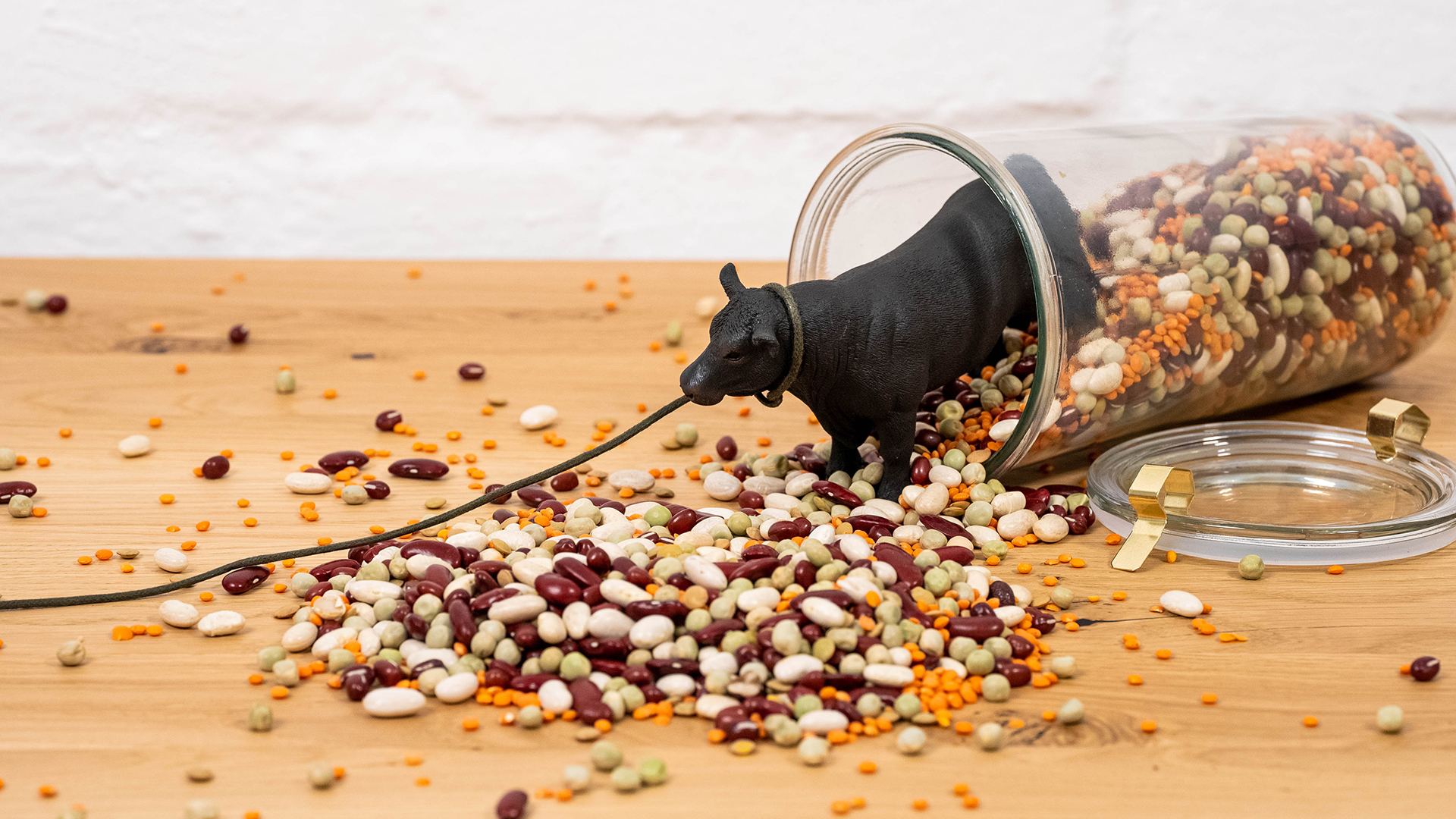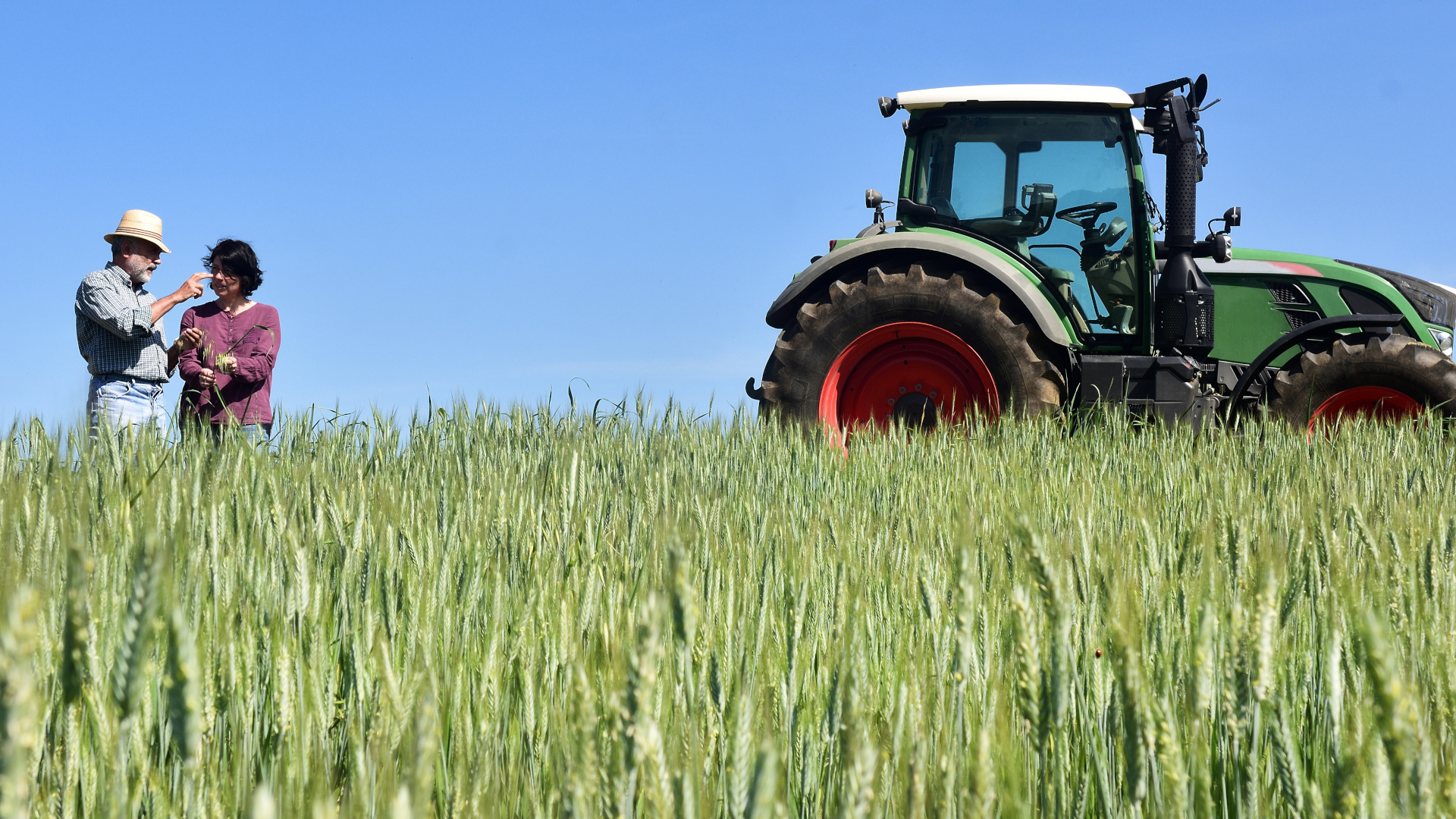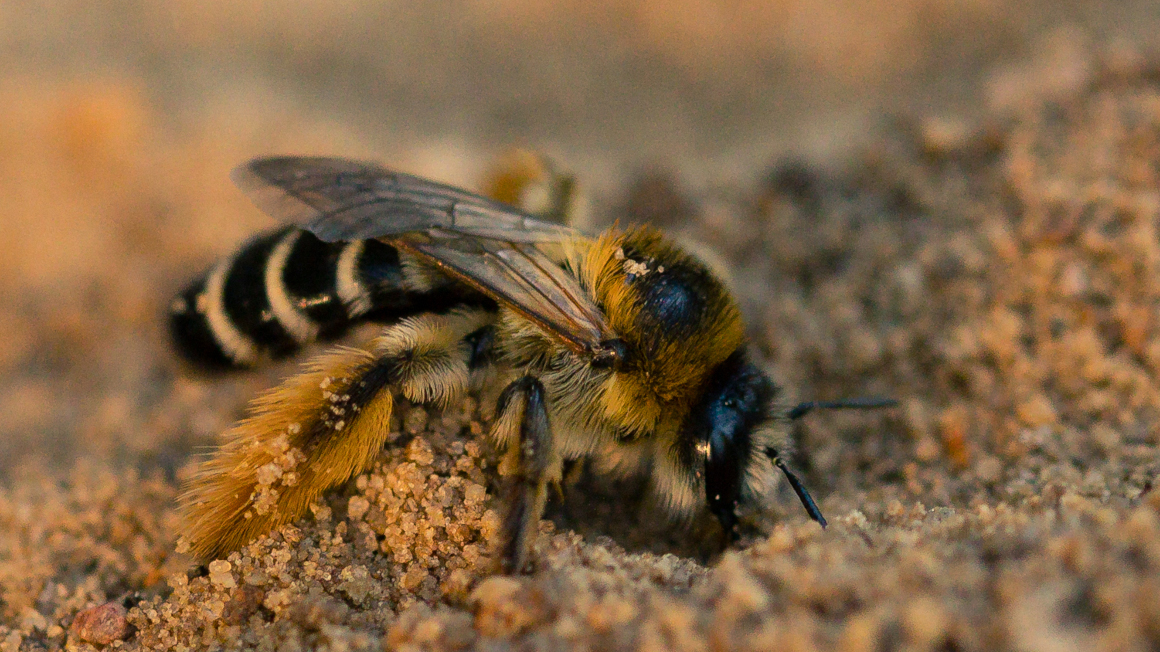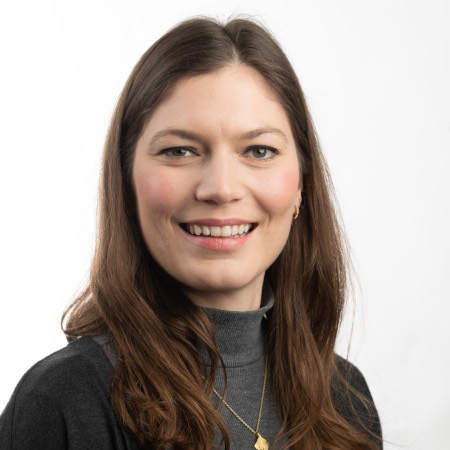
The countries analysed were Denmark, Germany, France, the UK, Italy, the Netherlands, Poland, Romania, Sweden and Spain. More than half of the agricultural land in these countries is currently used for the production of meat and dairy products. Only 20% of agricultural land is used to grow crops that feed the population.
The authors of the study conclude that plant-based substitute products could account for one-sixth of European meat and dairy consumption by 2050, even without much political support. With sufficient support, alternative proteins could even replace two thirds of current animal products and remedy the shortage of land.
In Germany, 22% of agricultural land could be freed up in the lowest scenario with a market share of one sixth (3.7 million hectares). Other European countries could even save 57% of the land currently used to export food to Europe.
he land freed up could be used to grow our own food, create natural habitats or expand agroecological cultivation methods. Further studies are needed to precisely calculate the effects on land and crop requirements. Overall, however, it is emphasised that alternative proteins could enable a significant reduction in the amount of land required for livestock farming.


